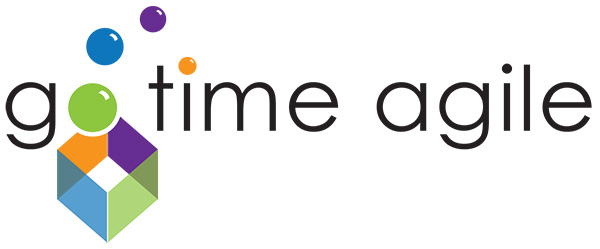Over the first third of my career, I had a perfect record of great success in hiring new employees. I figured that either I was great at it or it was easy. The following third brought me mixture of outcomes. I sat back to review where I had done well and poorly in an attempt to avoid future mistakes. In every success, I had based my hiring decision on the person’s character and capabilities. In every case of failure, I had not been as diligent in assessing these aspects. It should not be surprising that laziness leads to disaster.
Further introspection yielded additional information. When I looked for candidates that had many years of doing very similar things in similar industries, the best outcome was mediocrity. Most of these hires were disappointments or outright failures. When I valued diversity of background and growth potential I was always rewarded. Only once did I have a great hire that came from a company in the same industry as my own. However in that case, I didn’t hire him because of the company from which he came, but because of the outstanding character traits he displayed in the interview. I would have hired him if he had been fresh out of college without any experience.
I once interviewed with a company in my own industry but in a different niche. I was told that I’d be receiving an offer, but when I came in to negotiate the deal with the vice president to whom I’d be reporting I was told he had just resigned that morning. A different vice president walked in the room, and told me that he couldn’t hire me because he was too busy to teach me the ropes of their specialized market segment. He was obliged, he said, to recruit someone from one of his competitors.
“Why would you want to hire a stupid person?” I asked. I figured that I had lost the deal so some undiplomatic conversation couldn’t hurt anything.
“What do you mean?” He responded with a puzzled look on his face.
“I was told that your company was expecting to take over the market leadership quickly because your competition was clueless.”
He nodded agreement, but was still looking confused.
“Well, if you plan to hire someone from your competitors, and your competitors are clueless then it means that you’ll end up with a stupid employee, right?” I had used their words and 8th grade deductive reasoning to show how illogical his approach was. He conceded the point, but said he was obliged to do so. That company never did gain any increased market share.
I thought about the approach of only considering someone that has done the exact same thing before. What if Thomas Edison had applied for a job at a company trying to develop an electric light bulb?
“I see from your resume that you didn’t finish school and that you’ve never worked with electrical light fixtures before. Is that correct?”
Thomas would reply, “Yes. That’s right.”
“What sort of work have you done recently?”
“I created a device that recorded and replicated sound.”
“I’m sorry, but we’re trying to make an electric light. You don’t have what we’re looking for. Thank you for your time.”
I developed a series of questions to draw out the personality of candidates. These are not trick questions. They are questions to ascertain how honest, candid and prepared the candidates are. Here are three of them.
1) Describe your dream job? There are thousands of right answers. There are two wrong answers. The first is “this one.” The second is a fluffy, nonspecific response that could apply to almost anything. I’m looking for insight into what the person dreams about and why. I also want someone brave enough to answer a question to me as if he were talking to anyone but an interviewer. In the future, I’ll need him to speak up and tell me when I’m wrong.
2) What do you like best about our company’s website? There are a several right answers to this. I’m looking for specifics. If candidates don’t do their homework before the interview, you can’t expect them to do it after they are hired. Sometimes I ask it the opposite way, looking for them to give me criticisms about the site, again challenging them to be honest. Of course, I’m also looking for analytical capabilities.
3) Tell me about the favorite thing you’ve done in your career? I don’t really care what the thing is so much as how the story is told. I’m looking for details. Is there passion? What talents or attributes in that person made the story possible?
I’ll end this post with the worst answer to a question I’ve ever heard. I was hiring a new product manager at a company that made very technical products. I had two spots open. I described the product responsibilities for each. I asked him which he preferred. I didn’t care so much which he liked more, but I just wanted to hear the reasons for it. It would have been a bonus if he had done enough research on the company’s products and displayed the curiosity to ask me questions about them before he answered. Instead, he said, “Oh, I don’t care. I hate making decisions.”
Here’s a bonus piece of advice: always interview anyone who was recommended by someone you trust. I’ve NEVER regretted doing that.

Recent Comments